
Whether defamation or false light, both scenarios are enough to spoil your reputation. They are, of course, legally offensive. Not only that, but they are also significant indicators of your privacy invasion.
Both these events differ slightly in technicality. But the crime to both these events is that events are supposedly unhinged people who do not heed others’ feelings commit them. So, let’s have a look at their consequences.
What Is Defamation?
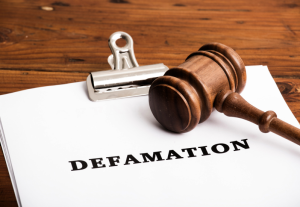
It is called defamation when you present a written or oral communication about someone that is not true enough to spoil their reputation.
There are two types of defamation: slander and libel. If you want to sue someone for defamation, you cannot simply state it is false and be done with it. There are some steps to follow here.
- You must provide evidence that will prove the statement as false.
- A third party must have published the statement.
- The speaker must have made a mistake to justify the false statement somehow.
- Someone suffers a severe injury due to the false claim of the statement
- The legal statement was privileged.
What Is A False Light?

The privacy tort of false light is similar to the privacy tort of defamation. If someone presents misleading information about you that leads to your misleading portrayal, that will be a false light.
If you want to sue someone for false light, the consideration will vary from defamation.
- You must prove that the defendant published misinformation about the plaintiff or vice versa.
- The statement must be highly offensive.
- The statement must be highly embarrassing to people with reasonable sensibilities.
- The speaker must have yet to verify its details.
- The speaker must have published the information with reckless disregard for others’ sensibilities.
False Light VS Defamation: Know the Difference!
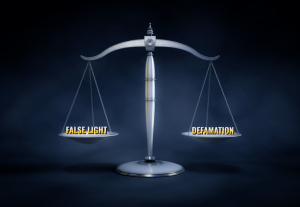
A defamation lawsuit will protect a person who has suffered a stigma in their reputation. On the other hand, a false light case will protect a person from unjustified embarrassment or offense. Apart from these, there are some other differences between these two phenomena as well.
The Difference In The Targeted Person
Defamation generally happens when someone publishes misleading information about another individual. However, false light occurs when someone publishes incorrect details on a large group.
That’s why people regard false light statements as public disclosure; they generally target a business entity or other large group of people.
The Difference In The Statement’s Context
Defamation statements don’t need to be offensive or embarrassing. They must be false so the person targeted in the information suffers a reputational scandal. On the contrary, the false light statements must be embarrassing or offensive.
The Difference In Disregard To People’s Sensibility
In defamation, one party doesn’t need to make statements with utter disregard for someone’s sensibility. It can be made in such a way, but there are other criteria here.
You only need to follow the requirements of the person you are making the false statement against as a public figure.
However, you must complete the false statement with utter disregard for someone’s sensibility in a false light of information.
The Difference In The Position Of Truth
Truth changes the defamation claim completely. However, the fact impacts the false light claims differently.
You may not use the defendant’s true statement to save the plaintiff if it causes some false implications.
Moreover, if the defendant’s claim proves the false light claim is accurate, it will act as evidence.
False Light VS Defamation: Are There Similarities in Legalities?

As I have already mentioned, the only (or main) difference between defamation and false light cases lies in the statement itself.
In the case of defamation, the focus is on the fact that the statements are completely false. On the other hand, in a false light, the statements are made to create a rather misleading impression.
Therefore, unlike defamation cases, the statements can be true in false light cases.
Does that mean there can be similarities regarding the legalities? YES. That is correct!
Considering both scenarios involve harmful publications or statements directed to damage somebody’s reputation, there are several similarities in how they are dealt with legally. Here are some of the similarities that you might want to know about:
- Harm to reputation: Remarks that cause harm to someone’s character or reputation are a component of both false light and defamation.
- Untrue statements: For either to apply, the claim must be false or deceptive.
- Publication: Both call for the statement to be shared with another person orally, in writing, or through other means of expression.
- Intent: For a statement to be valid, the person making it must have acted carelessly or with malice.
- Damage: In both cases, the injured party will be compensated.
Let’s Look At Some Examples Of Defamation And False Light
In a significant context, when you post wrong information about someone, that is defamation. For example, it is defamation if you publish a false statement about a person on a social networking site.
Likewise, if you happen to send an email about a person to someone else containing incorrect information, that is also defamation.
However, false light claims happen when someone misrepresents your ideas or beliefs. They don’t need to tarnish your reputation per se, but rather your ideals, which is more offensive in a way.
For example, if a news article about sex offenders includes your smiling picture, it will prove that you are happily endorsing this criminal conduct. Likewise, if an employee posts a false statement about a company going bankrupt on Facebook, that will also be a false light.
How To Avoid False Light Claims?
This column is going to interest you if you are a journalist. Journalists often have to bring trending news to people’s attention. But, sometimes, we must consider all the consequences if we don’t want to get any false light lawsuit on our companies.
Remember that people can sue you for false claims on the margin of stories rather than their core. So, a false light lawsuit is far more dangerous than a defamation lawsuit.
You must check all your facts before you publish the news. A statement that seems harmless to you is hampering one of your readers. Document that in the news if you have relevant evidence to support your claim.
Frequently Asked Questions [FAQs]
Some questions remain unanswered as we have differentiated between defamation and false light. So, let’s look at those now.
1: Does A Defamation Statement, And A False Light Statement Have Nothing In Common?
Ans: Of course, they have some features in common. In both cases, the statements have to be false. Both the comments have to be addressed to a third party. Moreover, both accounts have to hamper someone in a way.
2: Does The Defendant Stay At A More Advantageous Position In Defamation Than False Light?
Ans: Yes, the defendant stays more advantageous in defamation than in false light. Since a false light claim targets a large group of people and some facts may be true, it is more complex. But, in defamation, the claims are false, so the defendant stays more secure.
3: Can You Sue Someone For Slander Defamation?
Ans: No, you cannot sue someone for lander defamation. But you can sue that person for libel defamation, indeed. It is not a crime like a false light but more like a tort.
The Bottom Line
If you have read this far, I have interested you in some vital information. Usually, people confuse defamation with false light, so it was time to shed light on this matter.
Now, we have indeed clarified that both of these phenomena contain false statements; their implications differ.
So, to avoid a false claim lawsuit, follow the suggestions we mentioned earlier. If you have other questions regarding the post, comment below.
Read More:
- How To Find A Personal Injury Lawyer In 7 Steps
- The Louisiana Divorce Process: How Does It Work Exactly?
- What are the Key differences between criminal law and civil law?




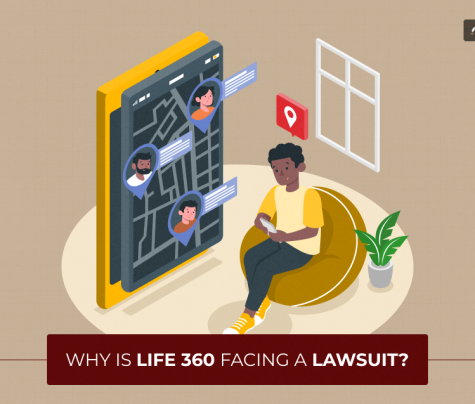
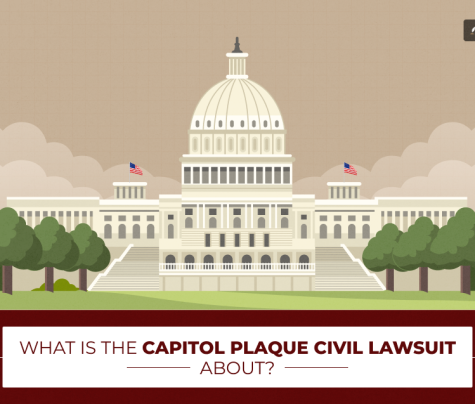
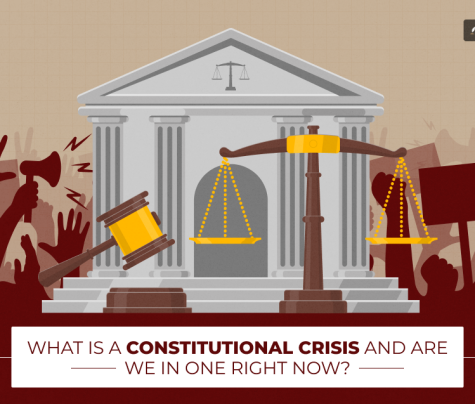



2 Reply
The Flat
March 20, 2022 at 9:40 am
I have been browsing online more than 3 hours today, yet I never found any interesting article like yours. It is pretty worth enough for me. In my view, if all webmasters and bloggers made good content as you did, the web will be a lot more useful than ever before.
ReplyFalse Light Vs. Defamation - What Is The Differ...
December 24, 2021 at 7:36 am
[…] How will you feel if someone tries to tarnish your reputation using false light? Miserable, right? Let’s find out more about it here. […]
Reply